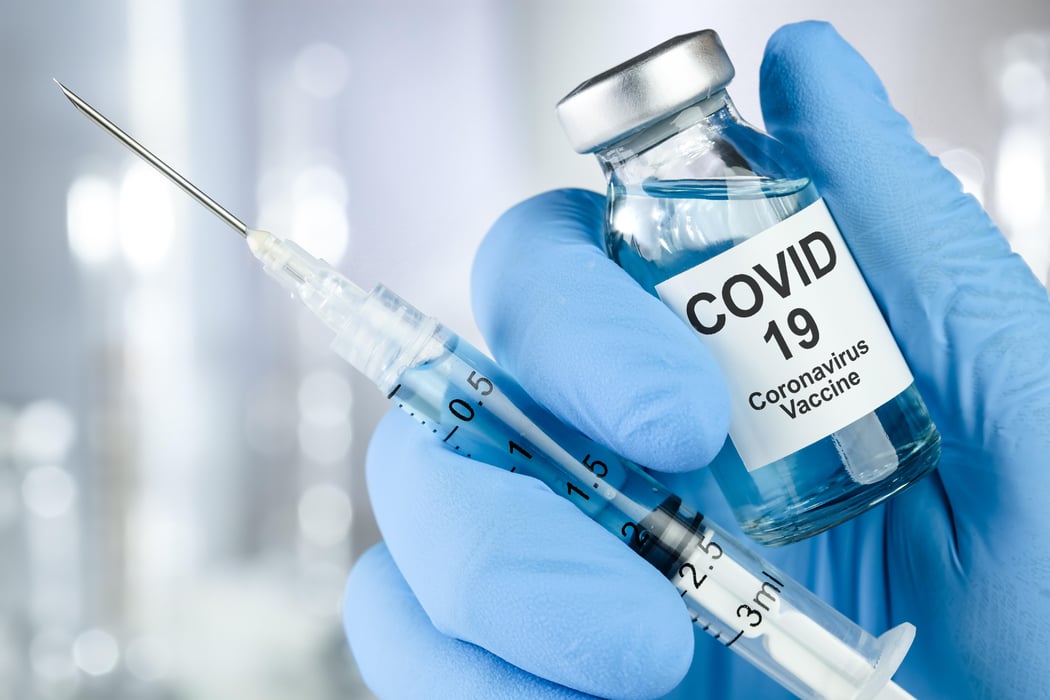WHO Experts Say Healthy Kids, Teens May Not Need More COVID Shots

WEDNESDAY, March 29, 2023 (HealthDay News) -- New advice from the World Health Organization (WHO) says healthy children and teens may not need additional COVID-19 shots, though they may need to catch up on other routine vaccines.
“The public health impact of vaccinating healthy children and adolescents is comparatively much lower than the established benefits of traditional essential vaccines for children – such as the rotavirus, measles and pneumococcal conjugate vaccines,” the WHO’s Strategic Advisory Group of Experts on Immunization (SAGE) said Tuesday in a news release.
Instead, COVID-19 vaccines should go to high-risk people.
"Updated to reflect that much of the population is either vaccinated or previously infected with COVID-19, or both, the revised roadmap reemphasizes the importance of vaccinating those still at-risk of severe disease,” said SAGE chair Dr. Hanna Nohynek.
So, SAGE now recommends additional booster doses for older people, immunocompromised people of all ages, front-line health workers and pregnant people six or 12 months after their last booster dose. Those are included in the high-priority group.
In the middle are children and adolescents who have health risks, as well as healthy adults younger than 60. SAGE now recommends they receive primary vaccines and first boosters. It does not recommend additional boosters.
Countries should consider disease burden and cost-effectiveness when deciding whether to vaccinate healthy kids aged 6 months to 17 years old.
Nohynek noted the need to vaccinate children for other diseases, including measles. Cases for that vaccine-preventable disease are rising around the world, CNN reported.
Polio, too, is spreading in several areas. WHO vaccine advisors recommend improving vaccine coverage, CNN reported, as well as using a dose of injectable polio vaccine when there is “persistent poliovirus circulation.”
“As we all know, the COVID pandemic has taken a heavy toll on immunization programs,” Nohynek said. “It’s been a tremendous effort, and many countries have done very well reaching high coverages, but it is still requiring efforts to reduce the inequities, and we need to reach the high-priority groups, and we need to close the coverage gaps.”
More information
The U.S. Centers for Disease Control and Prevention has COVID-19 vaccine guidance.
SOURCES: SAGE, news release, March 28, 2023; CNN
Related Posts
Dapagliflozin Reduces Hospitalizations Among Patients With CKD
TUESDAY, Dec. 6, 2022 (HealthDay News) -- For patients with chronic kidney...
Pediatric Mental Health Care Use, Spending Both Up >20 Percent Since the Pandemic
FRIDAY, Oct. 6, 2023 (HealthDay News) -- Telehealth care for mental health...
More Women Turning to Marijuana Products to Help With Menopause
WEDNESDAY, Sept. 22, 2021 (HealthDay News) -- Sleeplessness. Night sweats....
Un gel podría ayudar a tratar el cáncer en los perros, y tal vez también en los niños
MARTES, 15 de noviembre de 2022 (HealthDay News) -- Un nuevo gel de...
